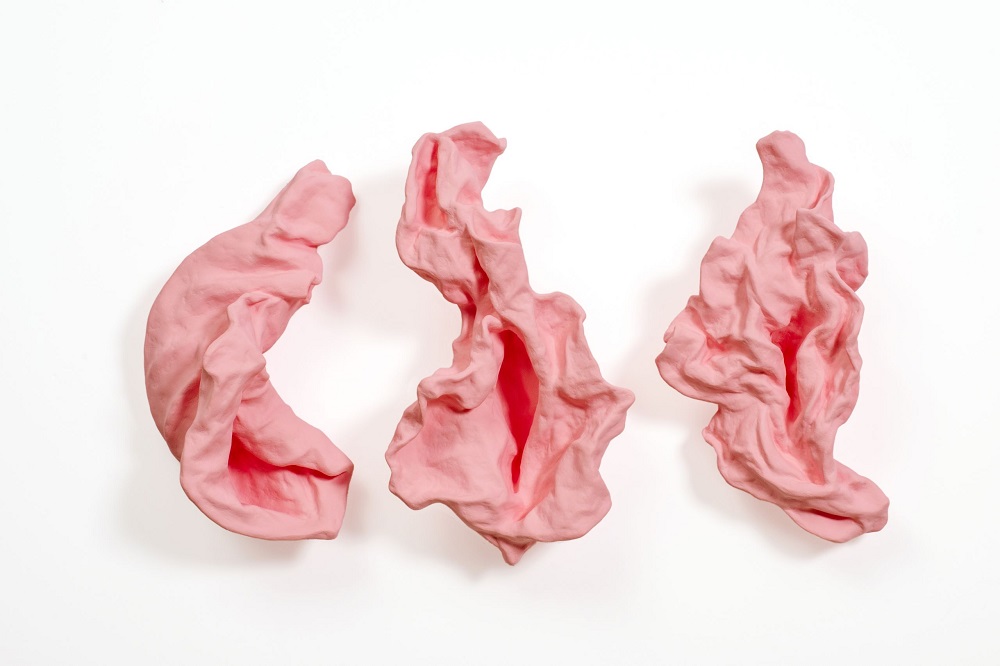
You are a continent of the chest from the depths of races,
you wander like the moon,
pain is a tendril and your love mercury
woman, obstinacy of Asia.
Nikos Karouzos
The Proposal
The Greek Section of the International Association of Art Critics AICA Hellas, faithful to the spirit of recording recent cultural history and hoping for a dynamic presence of the region in the cultural events of the country, presents the group exhibition of contemporary art ” Woman, Obstinacy of Asia“, as part of the celebrations of the Municipality of Nafplion and DOPPAT for the 200 years since the liberation of Nafplio in 1822, and dedicated to the 160 years since the Nafplian Revolution, with the free spirit of the woman who inspired the anti-monarchy struggle as the embodiment of the indomitable democratic spirit, and one of the most important personalities of modern Greek history, Kalliopi Papalexopoulou.
The ideals and ideas that Papalexopoulou embraced during her life, and which remain unchanged in time, seem more relevant today than ever, as we are constantly called upon to reflect on our attitude to life in relation to the limits of personal freedom and collective responsibility, especially in an era characterised by exogenous boundaries and a climate of ambient threat to femininities everywhere, rife with turbulent gender issues, while women remain the victims of inter-state warfare and are the protagonists of population movements.
The Title
The title from the poem of the same name by Nikos Karouzos functions symbolically, almost shamanically, describing in a few words the essence of femininity as an industrious but indomitable and indomitable force that rises from the beginnings of history. The use of the Asian continent suggests the “place elsewhere”, the personal space outside social boundaries, a fuse of empathy, empowerment and rarefied aging all at once.
The Historical Context
In 1862 the anti-monarchist struggle was at its height and the phrase “Let the Bavarians go” was echoing everywhere. On 1 February 1862, the ‘Nafplian’, the revolution against Otto, broke out. Although by the middle of March 1862, this attitude had already been suppressed, the unrest persisted. Otto was finally deposed the following October.
The seat of the 1862 revolution was Nafplio and its soul was none other than a woman, Kalliopi Papalexopoulou. Kalliopi was born in Patras on July 26, 1809. Her father Andreas Kalamogdartis was the Primate of Achaia while her mother belonged to the noble family of Papadiamantopouloi. When the Pasha of the Peloponnese kissed her father in Tripoli along with the Peloponnesian procurators, and Papalexopoulou, at 15, found herself a refugee with her mother and sisters in Ancona, Italy. There she studied Italian and French, immersed herself in literature and acquired a broad education. Nafplio was the bastion of the anti-monarchist, anti-Bavarian struggle and Papalexopoulou, who had been nurtured with the ideas of the French Revolution, became its high priestess when she returned, dedicating all her possessions to the struggle for freedom.
To prevent an impending military coup in Nafplio, King Otto’s general Hahn, informed that her home was a centre of resistance, sent her an ultimatum asking her to leave the city, only to receive the following proverbial reply: “I will stay where I am. The only living creatures I fear are rats, so I’ve wiped them all out in my house.”
Nevertheless, when the Bavarians invaded, the general sent his adjutant to Calliope to pay his respects. A similar climate of respect prevailed in Athens after the fall of the monarchy, where she was triumphantly received by the Athenians when she came to attend the National Assembly.
The aim of the exhibition
This woman symbol can be a fertile field of multimedia reading by the 26 contemporary Greek artists participating in the exhibition.
In an era of disconnection, where the concept of freedom, as instrumentalized by the media and contemporary political narratives, is under constant questioning, correspondingly, the image of femininity seems to have moved along a fault line, from the gains of the first feminist struggles, to the era of the Metoo movement, to the ongoing debates over the choice of self-determination, but also in the dystopian era of ongoing femicides, the self-denial that characterizes the struggle of Kalliope Papalexopoulou, lays the groundwork for a thorough redefinition of the value of humanism through the research of contemporary historiography in documenting the presence of women in world history and art.
Organized by
The exhibition is organized by the Bureau of AICA Hellas with the co-organization of the Municipality of Nafplion and DOPPAT, in the context of the events for the 200 years of the liberation of Nafplion, with the support and auspices of the Ministry of Culture and Sports, at the Parliament of the Municipality of Nafplion, in the framework of the 2nd Festival of Word and Art.
Participants:
Dimitrios Antonitsis, Angelos Antonopoulos, Anita Argyroiliopoulou, Vassilis Vlastaras, Alexandros Georgiou, Katerina Diakomi, Katerina Zacharopoulou, Vangelis Zervopoulos, Marion Iglesi, Antigoni Kavvatha, Stella Kapezanou, Leonidas Karabinis, Athanasios Makris, Sotiris Batzianas, Nikos Navridis, Elias Papailiakis, Artemis Potamianou, Fotini Poulia, Sofia Rozaki, Vasiliki Sagiotioti, Elisa Soroga, Eleni Tzirtzilaki, Vicky Tsalamata, George Tseriotis, Philip Tsitsopoulos, Poka Yio.
Curating: Faye Tzanetoulakou, Dr. Art History, General Secretary of AICA Hellas
Opening 1/7/2022, 8.30pm. Duration until 31/7.
Opening hours: 10.30-13.30 and 18.30-23.00https://we.tl/t-LXbiiavv4q
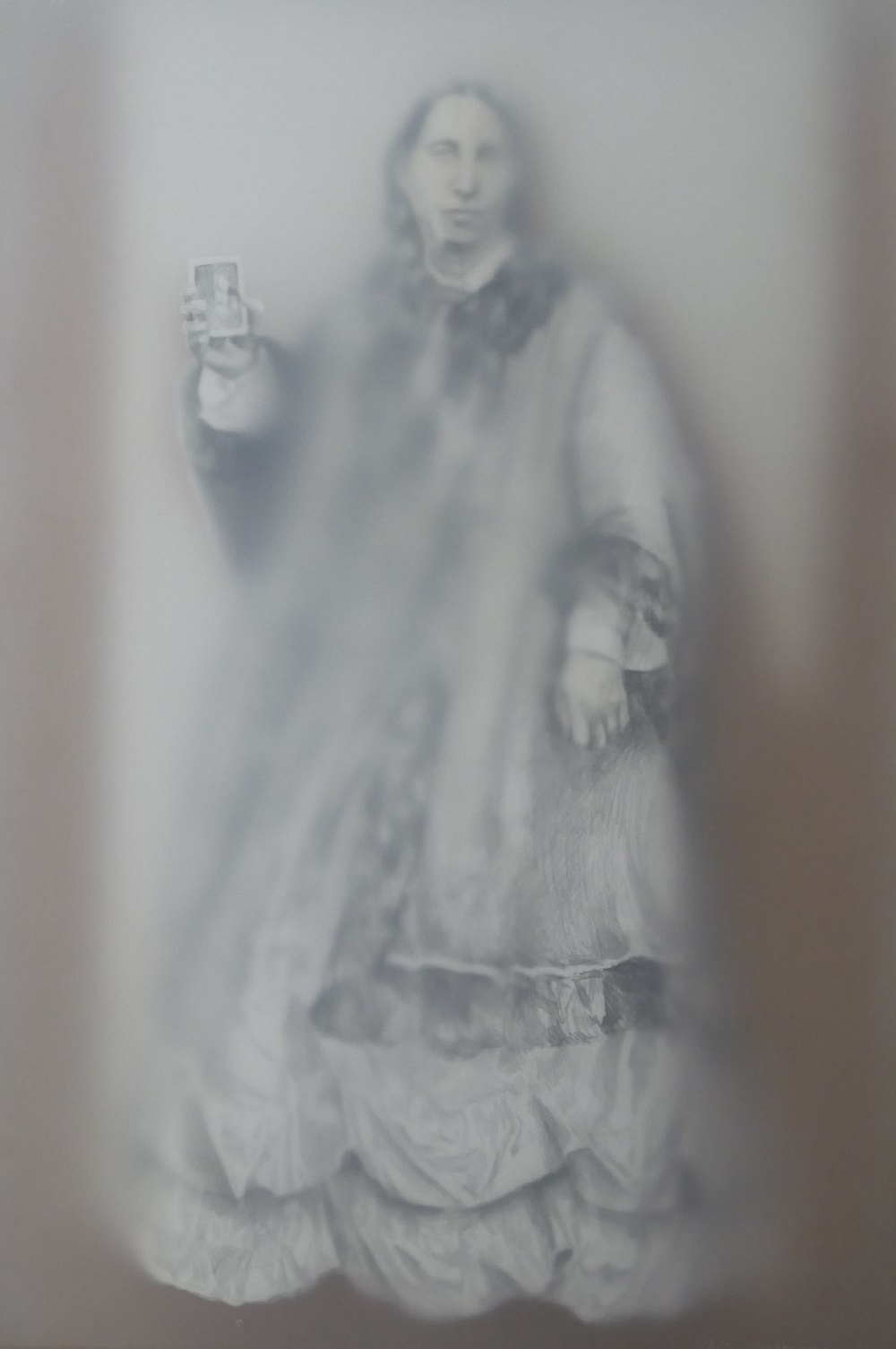

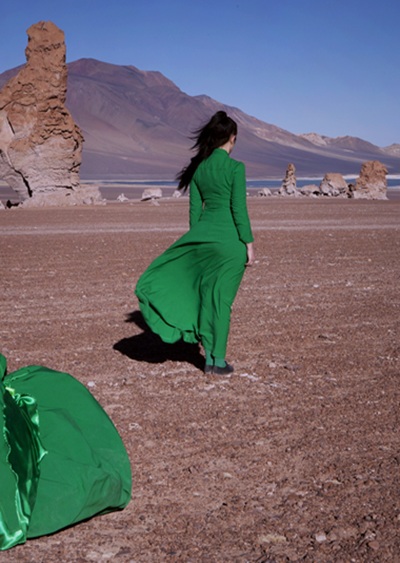
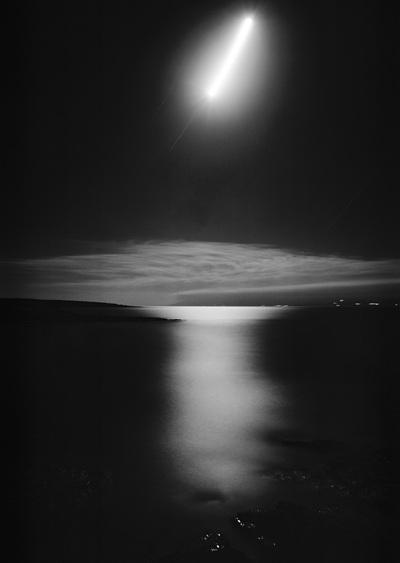
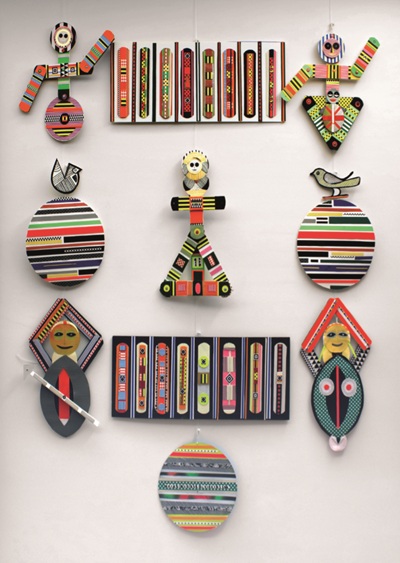
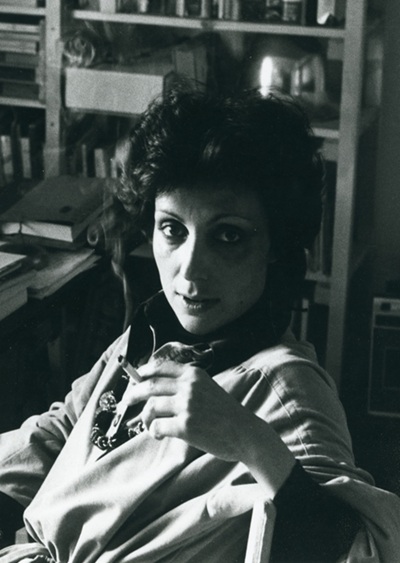


Leave A Comment